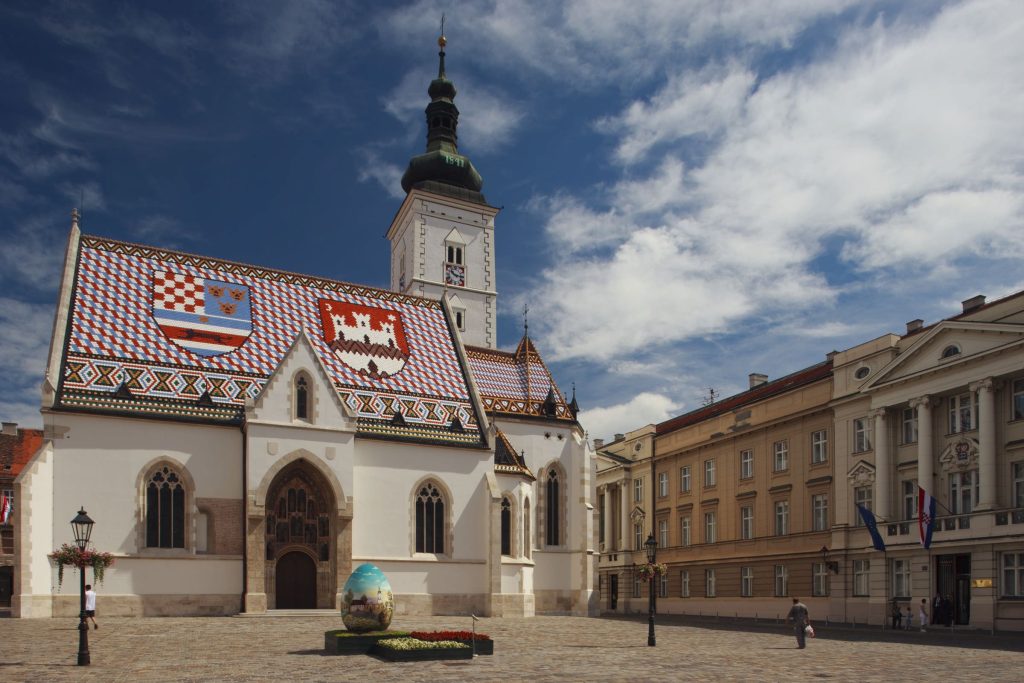September 5, 2023 – It used to be the place with the highest surtax in all of Croatia, and from next year Zagreb income tax is to be the highest in the country.
Photo: Copyright Romulic and Stojcic
As the city administration confirmed for 24Sata, they will introduce the highest income tax rates the law permits. The government left it to the mayors to decide on salary tax rates in the range of 15 to 23.6 percent for lower wages and from 25 to 35.4 percent for those earning above 3,981 euros per month when the surtax is abolished. Now they amount to 20 and 30 percent.
In Zagreb, the lower rate will be 23.6 percent and 35.4 percent, which means that it will completely replace the 18 percent surtax. These high rates are only allowed by law for the City of Zagreb, so no other city or municipality can introduce them. Starting from the New Year, those earning minimum wage in Zagreb will see an increase of a few euros as well. This is because the government increased the tax-free amount from 531 euros to 560 euros. The consequences of the tax “reform”, however, should not impact the residents of Zagreb.
There was speculation that Zagreb Mayor Tomislav Tomašević could compensate part of the loss after the surtax is abolished if the Government allows higher taxation of capital (earnings from shares, shares in companies) or property (primary rental), but that will not happen. Acoording to the Ministry of Finance, they are ready to increase taxes, which are now 10 percent, to 11 percent when the surtax is abolished so that the tax burden remains the same as before with the surtax.
Last week, mayor Tomašević explained that the city would make 220 million euros less in income without the surtax. Even with the maximum Zagreb income tax rates, it will lose 50 to 70 million euros, so there is no other option.
Income Tax Changes in Other Big Cities
Zagreb, Split, Rijeka, and Osijek are the four largest cities in Croatia, where 70 percent of the surtax is charged. In Split and Osijek no decisions on taxes were made just yet, while the mayor of Rijeka, Marko Filipović, did not answer. The leaders of the Adriatic cities can raise both the tourist flat rate and the tax on vacation homes. The government has also introduced a higher range for the latter, which could affect weekend vacationers.
“We are waiting for the final Government guidelines, and until then we are discussing it and analyzing. Split will try to find a balance to burden citizens and entrepreneurs as little as possible, but to be able to function and build infrastructure”, Split mayor Ivica Puljak stated. The Split surtax was 15 percent, and without it the city remains without 15 million euros annually.
The change will be easier on the mayors of smaller cities because their income from surtax was also lower. Bjelovar and Sv. Nedelja, for example, already stopped charging their surtax a week ago and will not raise their taxes.
“I do not support any tax increase as a citizen nor as a politician. A crisis is coming, and the government is reaching into the citizens’ pockets. From January next year, we will look at how to reduce income tax – said the mayor of Sveta Nedelja Dario Zurovec (Fokus). Leaders of cities and municipalities from that party will not raise taxes when the surtax is abolished, they announced.








